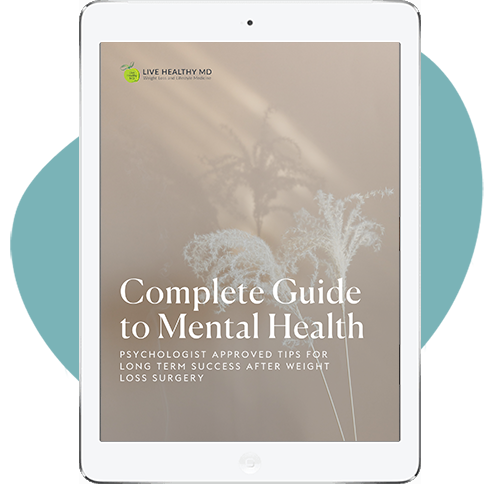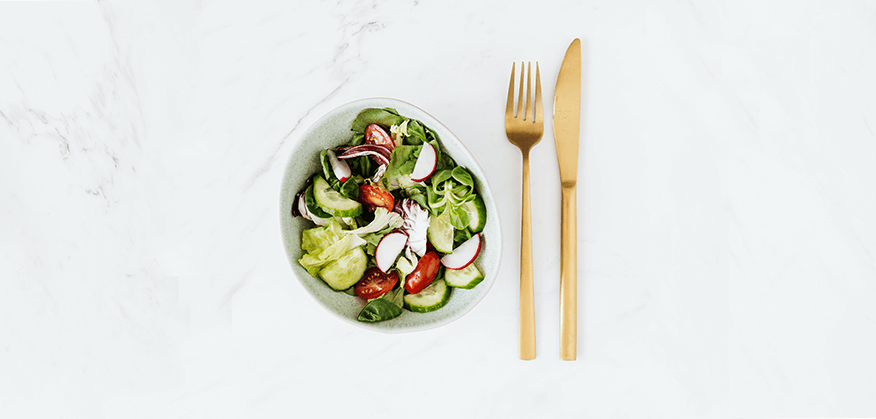
Self-Image is exactly what is sounds like… the way you see yourself! There are a lot of “self” words that go together to make up our overall sense of self-worth, or our own sense of value. Remember that the more we value ourselves, the more we improve our relationship with our self, the better we will treat our SELF! Self-confidence, self-esteem, and self-efficacy, are all parts of overall self-image. They are all ways of saying, “I am good enough. I have value. I can do good things.”
It can be hard to change how you view yourself after many years of negative self-talk and negative body image. But know, you are not alone in this battle. Many people struggle with loving themselves and seeing the value in their existence.
Shame and Your Body
Body image describes the way you see yourself—not only in the mirror, but also in your mind. And for most people, they feel ashamed about their bodies, regardless of size, shape or weight. Body image, as part of your overall relationship with self, impacts your self-talk as well the treatment of your body.
Dr. Thomas Cash, author of The Body Image Workbook says, “Often a poor body image lowers self-esteem. Poor self-esteem means feeling inadequate as a person. If you don’t like your body, it’s difficult to like the person who lives there—you!"
Wow, That’s powerful!
The National Eating Disorders Association says that people with a negative body image “have a distorted perception of their shape, are convinced that only other people are attractive, feel ashamed, feel self-conscious, are anxious about their body, and feel uncomfortable in their body.” The group further states that “people with negative body image have a greater likelihood of developing an eating disorder and are more likely to suffer from feelings of depression, isolation, low self-esteem, and to be obsessed with weight loss”
On the other hand, people with a healthy body image refuse to spend time worrying about dieting and their weight because they are comfortable and confident in their own skin.
Your physical appearance does NOT determine your value. As an adult, your self-talk and your self-appreciation determine your value. Hence, the importance of healing your relationship with yourself.
Developing a Positive Body Image
A person with a positive, healthy body image understands that their physical appearance doesn’t represent their character. The number on the scale does not tell you or anyone else if you have integrity, compassion, or anything else about your person!
Be compassionate toward yourself.
Be kind to yourself.
Hold yourself accountable to do the next responsible, healthy thing in your life.
Think Positively
Focus on replacing negative thoughts with positive thoughts, and remember – positive thoughts lead to positive feelings and ultimately, to positive behaviors. Changing your thinking requires consistent effort, but with practice, you can do this. You learned to speak, to walk, to ride a bicycle, to drive a car, and to do many other difficult things. You can do this, too—if you choose to. With continued EFFORT!
Maintain an Attitude of Gratitude
1) Identify your body image strengths and weaknesses. Write down things you like about your body and things you would like to change. For those things you’d like to change, set specific goals for change, being realistic about the outcomes.
2) Identify the cause of these thoughts. Writing down your thoughts and feelings as it relates to the origins of how those around you see their body can help you understand how the story of your own personal body image evolved.
3). You feel what you think. How you feel about your looks is greatly influenced by your privately held beliefs, interpretations, and thought patterns. Most people have particular assumptions about the importance and influence of their looks—unchecked assumptions can lead to trouble. Learn how to “change your mind.” (Hmmm… seems to me you’ve heard this from me already!)
4) Stop the Private Body Talk. When you think about your own looks, you carry on a type of inner conversation called Private Body talk. If your Private Body Talk is permeated with mental mistakes or distortions, it will devastate your body image. Listen in on your Private Body Talk, identify your own problematic thought patterns and create a New Inner Voice to communicate with yourself about your looks and how you feel about them.
5). Accept the body that was given to you. Think about what you are grateful for and what you love about your body. Try to surround yourself with those who make you feel confident in your skin and who are supportive of you.
Ultimately, focus on your character. And really, truly—love the skin you’re in!
My Health. My Responsibility. This Day. Every Day.












